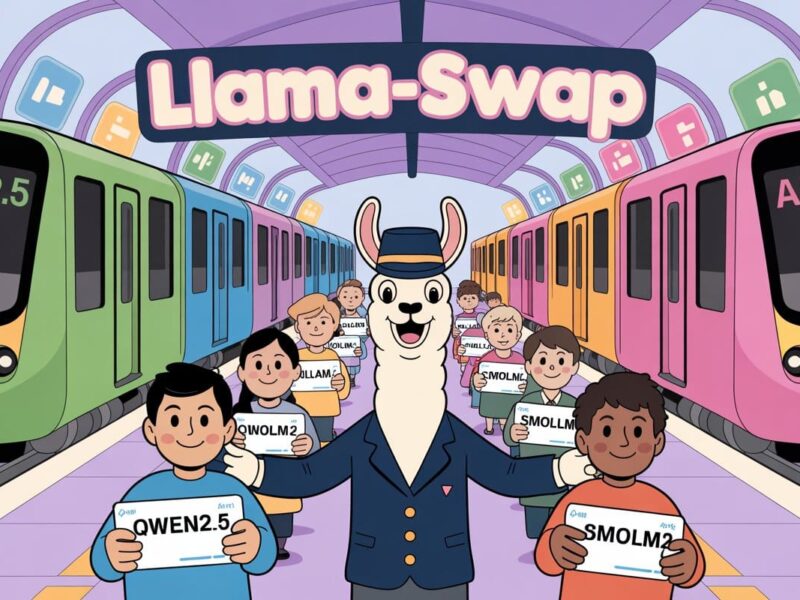Perplexity, the AI-driven answer engine, is extending its revenue-sharing initiative to include content surfaced through its Comet web browser. This move builds on the program launched last year, aimed at compensating publishers whose content is utilized within Perplexity’s AI platform. The expansion seeks to address concerns regarding the use of publisher content by AI systems.
Perplexity has earmarked $42.5 million for distribution to publishers participating in the revenue-sharing program according to Bloomberg. This allocation intends to provide financial support to content creators whose work contributes to the functionality of the Comet browser and Perplexity’s AI-driven services. The funding for these payouts originates from the newly introduced Comet Plus subscription.
Aravind Srinivas, CEO of Perplexity, stated, “AI is helping to create a better internet, but publishers still need to get paid. So we think this is actually the right solution, and we’re happy to make adjustments along the way.” His statement underscores the company’s commitment to establishing a sustainable model for content compensation in the age of AI.
Under the expanded program, publishers can generate revenue through several avenues. These include instances where Comet browser bots scrape content from their websites, when the browser’s AI assistant presents content from these sites to users, and when the AI agent visits websites to perform specific actions. This multi-faceted approach aims to comprehensively capture the various ways in which publisher content contributes to the Perplexity ecosystem.
The Comet Plus subscription, priced at $5 per month, serves as the funding mechanism for the revenue-sharing program. Subscribers to Comet Plus gain access to a curated selection of content from participating publishers, creating a direct link between user subscriptions and publisher compensation.
While Perplexity has not disclosed the specific names of publishers currently participating in the program, Jessica Chan, Head of Publisher Partnerships at Perplexity, indicated that discussions are underway with existing partners such as Time and Fortune. These discussions suggest an ongoing effort to broaden the scope and impact of the revenue-sharing initiative.
Chan described the existing web traffic-based revenue model as “an old model.” She added, “We just want to create a new standard for compensation.” This perspective highlights Perplexity’s ambition to establish a more equitable and relevant compensation structure for publishers in the evolving digital landscape.
The announcement of Perplexity’s revenue-sharing program coincided with the filing of a lawsuit against the company by two Japanese newspaper publishers, Asahi Shimbun and Nikkei. The lawsuit, filed in the Tokyo District Court, alleges copyright infringement related to the reproduction of their articles. The publishers are seeking an injunction to prevent Perplexity from continuing to reproduce their copyrighted material. In addition to the injunction, each publishing house is seeking JPY 2.2 billion in damages.

